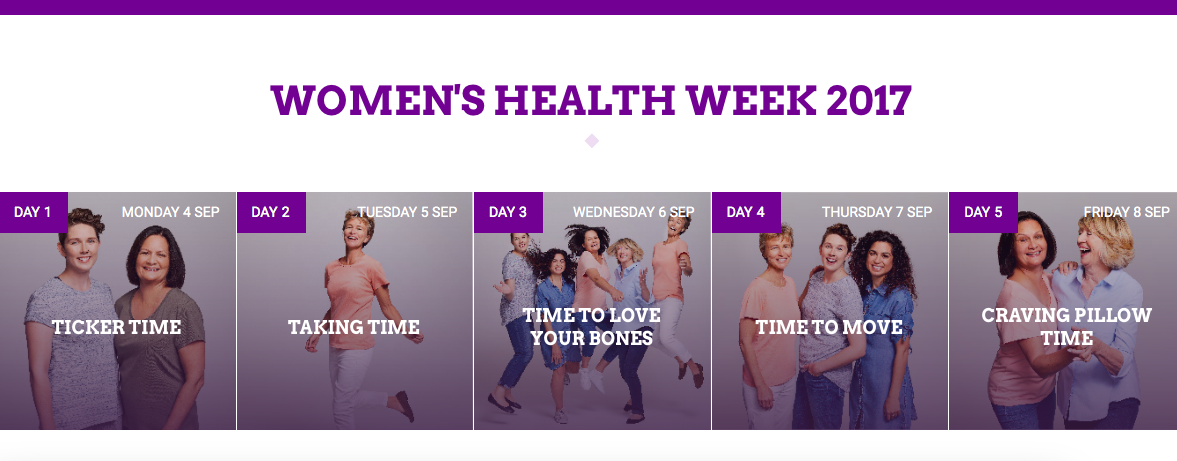The most wonderful time of the year … if only a few extra free days would appear in my diary! For many the festive season means making time for family, friends, community and workplace social events. For others the lack of social activity in their lives may become all too obvious at this time.
At AccessEAP relationship issues continue to be one of the major reasons that people seek our counselling services. Approaching the end of year with busier routines than normal, it’s particularly important to stay calm and be present in the moment. Connection to others is key to maintaining support and wellbeing. During this frantic time it can be easier to take out frustrations on those closest to us.
It makes sense and recent research findings certainly reinforce the importance of social connection:
- A study, of 25, 000 people published in August, found that when a person’s sense of social connectivity declines, within 12 months their mental wellbeing also significantly deteriorates.
-
Numerous studies link social connection to a longer lifespan. A 2010 review, found that feeling socially disconnected had more impact on mortality rates than smoking, obesity or alcohol misuse.
-
A Harvard study following people over an 80 year period, has shown that having close relationships is much more important than any other factor in predicting a longer, happier, healthier life.
-
Researcher, George Vaillant captured this well when he stated “the key to healthy ageing is relationships”.
The festive season is an ideal opportunity to build stronger and healthier connections with others. Take some time out from this busy time of year to focus on the people in your life. Stop and have a face to face conversation, and allow time for authentic, rather than digital, connection.
Most of us have at some stage worked in an office environment where there is conflict or tension. Think about how disruptive this was to the team, and even customers, clients or other stakeholders.
While in every workplace there needs to be purposeful and goal-driven action, an important part of an effective and happy workplace is the rapport and connection between peers. This is particularly relevant at this time of the year, when there is pressure to complete projects, meet deadlines and plan for the festive break.
Take a moment to reflect on the types of relationships you have with your colleagues. Think about how you approach tasks; think about not only about what you are doing, but who you are doing it for or with? When initiating a conversation at work, do you reflect not only on what it is that you want to discuss, but how your words are influencing your connection with those you are speaking with? Focus on what is important and how you can make a difference. For more practical suggestions please take a look at the “Tips for Staying Calm and Connected” in this newsletter. Wishing you a peaceful and safe break!



